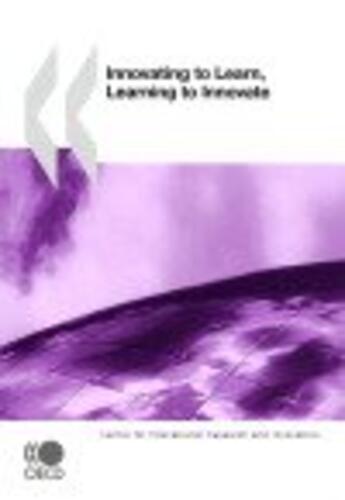-
Date de parution : 13/11/2008
-
Editeur :
Ocde
-
EAN : 9789264047976
-
Série :
(-)
-
Support :
Papier
Résumé:
OECD economies have experienced the transformation from their traditional industrial base to the knowledge era, in which learning and innovation are central. Yet, many of today's schools have not caught up: they continue to operate as they did in the earlier decades of the 20 century. This book... Voir plus
OECD economies have experienced the transformation from their traditional industrial base to the knowledge era, in which learning and innovation are central. Yet, many of today's schools have not caught up: they continue to operate as they did in the earlier decades of the 20 century. This book summarizes and discusses key findings from the learning sciences, shedding light on the cognitive and social processes that can be used to redesign classrooms to make them highly effective learning environments. It explores concrete examples in OECD countries, from alternative schools to specific cases in Mexico, in which the actors are seeking to break the mould and realise the principles emerging from learning science research. The book also asks how these insights can inspire educational reform for the knowledge era, in which optimising learning is the driving aim and in which innovation is both the widespread catalyst of change and the defining result.
Donner votre avis








